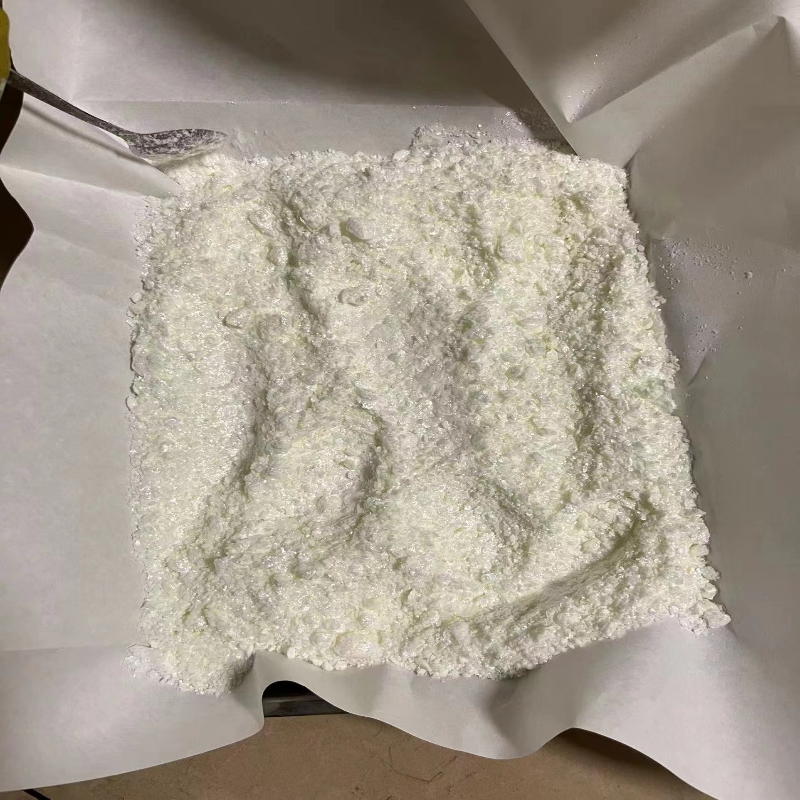-
Categories
-
Pharmaceutical Intermediates
-
Active Pharmaceutical Ingredients
-
Food Additives
- Industrial Coatings
- Agrochemicals
- Dyes and Pigments
- Surfactant
- Flavors and Fragrances
- Chemical Reagents
- Catalyst and Auxiliary
- Natural Products
- Inorganic Chemistry
-
Organic Chemistry
-
Biochemical Engineering
- Analytical Chemistry
-
Cosmetic Ingredient
- Water Treatment Chemical
-
Pharmaceutical Intermediates
Promotion
ECHEMI Mall
Wholesale
Weekly Price
Exhibition
News
-
Trade Service
Four years after its launch, the Repesca project has been completed, achieving its goal of developing a better way to deal with passively-fished marine debris, reports Aimplas, the Spanish plastics technology center
.
The project shows that it is possible to develop a complete management system for plastic waste recovered from the ocean and subsequently recycled to make products of commercial value
.
While the main purpose of the project is to reduce marine litter, it also contributes to understanding the composition of marine litter and its location thanks to the close collaboration with the fishery
.
During the project, the routes of the fishing boats were monitored and their fishing areas were thus known in order to map the area
.
In addition, the density (items/km²) and location of the marine litter found were also analysed
.
This facilitates the design of a complete passive fishing strategy and management system, as well as mechanisms for recycling plastic debris
.
A system was established, starting with waste recycling (passive waste fishing) every time the boat went out to fish
.
The waste is then temporarily stored in containers at the port after being weighed and labelled
.
The plastic part was sampled according to the method of MARNOBA
.
In the laboratory, the materials are then sorted by type
.
The process revealed that the waste mainly consisted of low density polyethylene, PET containers and polyamide packaging
.
As a final step, plastic material is shredded, washed and dried at recycling plants for recycling through mechanical and chemical recycling
.
The project's lead researcher, Sonia Albein, head of the mechanical recycling group at Aimplas, said one of the specific goals for the fourth year was to devise a monitoring and management system that would allow marine waste to be processed industrially
.
From this point of view, RepescaPlas has been very successful
.
Thanks to the cooperation with E.
Niño's sorting plant in Arganda del Rey equipped with infrared sorting equipment, this material can be sorted and mechanically recycled to be suitable for the production of new products
.
The RepescaPlas project was developed through the Pleamar programme in collaboration with the Biodiversity Foundation and the Ministry of Ecological Transitions and Population Challenges, and is co-funded by the Spanish Federation of Municipalities and Provinces (FEMP)
.







